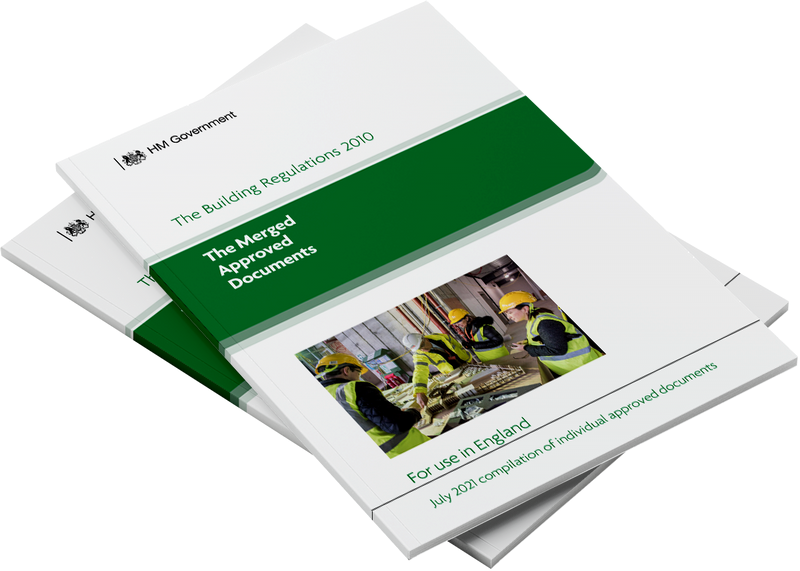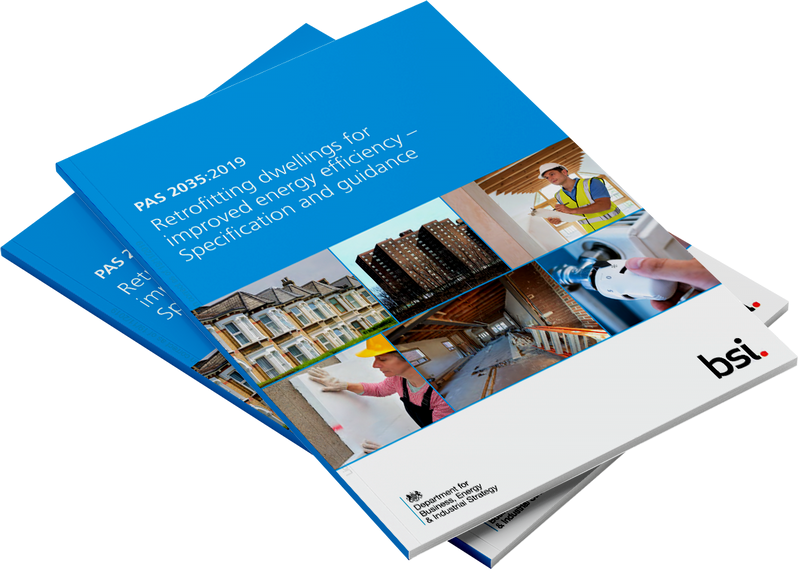In October 2021, the UK government set out its new “Net Zero Strategy: Build Back Greener.” This outlines proposals for decarbonising all sectors of the UK economy to meet its 2050 Net Zero target. An important part of these plans is the intention to improve the energy efficiency of housing stock. This aim is also the subject of the Heat and Buildings Strategy, published by the Department for Business, Energy & Industrial Strategy.
These and other documents consider the ways that various funding mechanisms can be used to deliver the necessary efficiency improvements, beginning with the fabric of buildings. At present, the most notable of these funding streams include:
- The Energy Company Obligation (ECO)
- The Green Homes Grant Scheme Local Authority Delivery (LAD)
- The Home Upgrade Grant (HUG), worth an estimated £950 million between 2022-2025
- The Social Housing Decarbonisation Fund (£800 million)
Successfully implemented and funded, the resulting schemes could greatly reduce greenhouse emissions, create thousands of sustainable jobs, reduce energy bills and improve living conditions for literally millions of people.
“The journey to Net Zero buildings starts with better energy performance… Improving energy efficiency by adopting a fabric first approach is key in ensuring that the transition to low carbon heating is cost-effective and resilient.”
BEIS, Heat & Buildings StrategyThemeNectar











